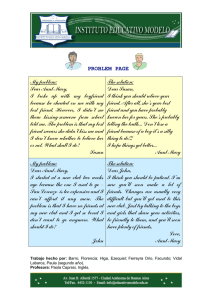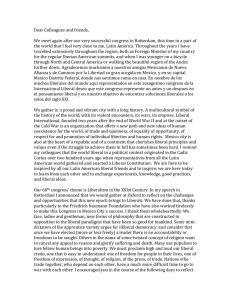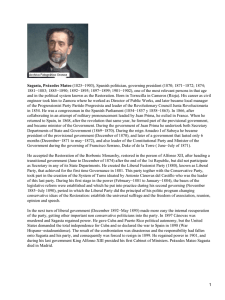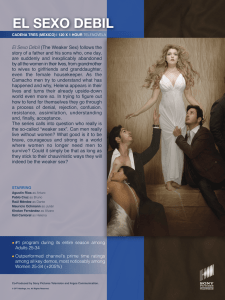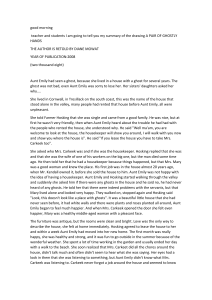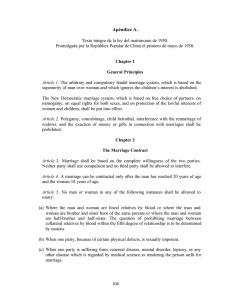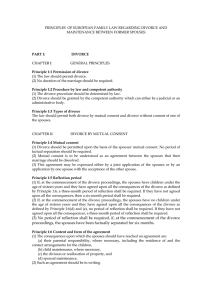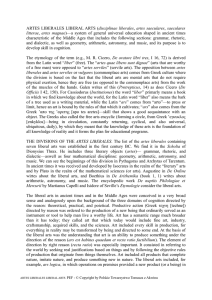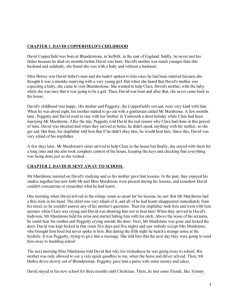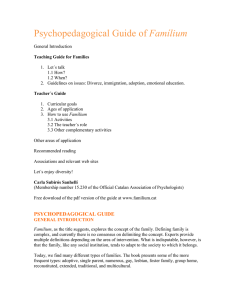Análisis de texto en lengua extranjera (inglés)
Anuncio
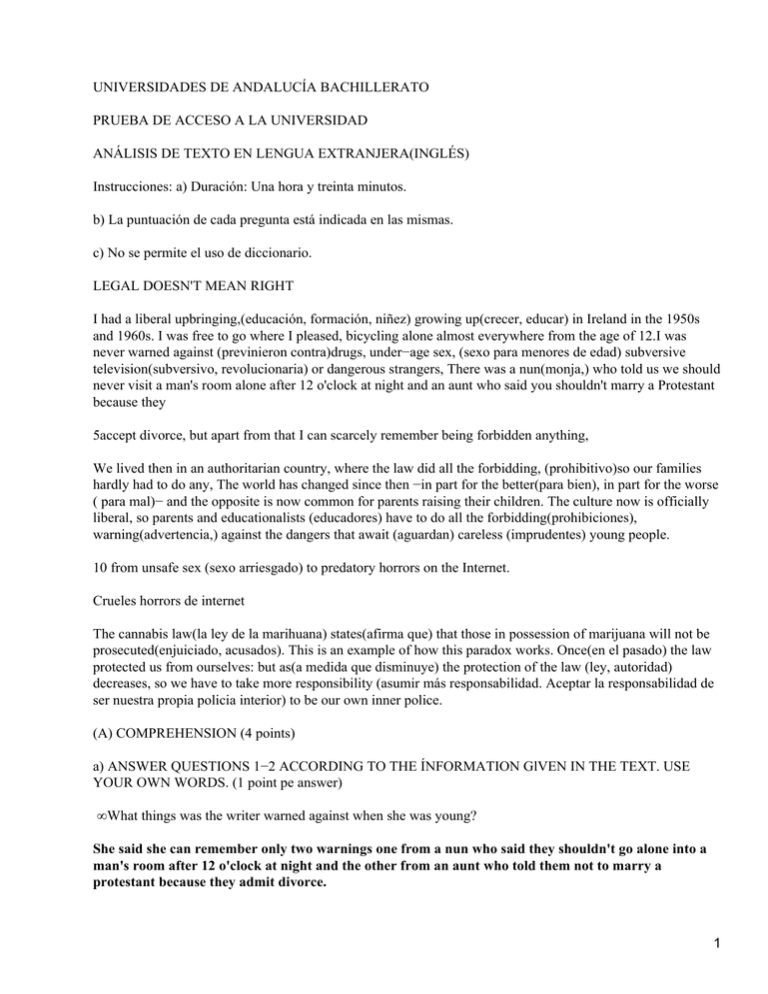
UNIVERSIDADES DE ANDALUCÍA BACHILLERATO PRUEBA DE ACCESO A LA UNIVERSIDAD ANÁLISIS DE TEXTO EN LENGUA EXTRANJERA(INGLÉS) Instrucciones: a) Duración: Una hora y treinta minutos. b) La puntuación de cada pregunta está indicada en las mismas. c) No se permite el uso de diccionario. LEGAL DOESN'T MEAN RIGHT I had a liberal upbringing,(educación, formación, niñez) growing up(crecer, educar) in Ireland in the 1950s and 1960s. I was free to go where I pleased, bicycling alone almost everywhere from the age of 12.I was never warned against (previnieron contra)drugs, under−age sex, (sexo para menores de edad) subversive television(subversivo, revolucionaria) or dangerous strangers, There was a nun(monja,) who told us we should never visit a man's room alone after 12 o'clock at night and an aunt who said you shouldn't marry a Protestant because they 5accept divorce, but apart from that I can scarcely remember being forbidden anything, We lived then in an authoritarian country, where the law did all the forbidding, (prohibitivo)so our families hardly had to do any, The world has changed since then −in part for the better(para bien), in part for the worse ( para mal)− and the opposite is now common for parents raising their children. The culture now is officially liberal, so parents and educationalists (educadores) have to do all the forbidding(prohibiciones), warning(advertencia,) against the dangers that await (aguardan) careless (imprudentes) young people. 10 from unsafe sex (sexo arriesgado) to predatory horrors on the Internet. Crueles horrors de internet The cannabis law(la ley de la marihuana) states(afirma que) that those in possession of marijuana will not be prosecuted(enjuiciado, acusados). This is an example of how this paradox works. Once(en el pasado) the law protected us from ourselves: but as(a medida que disminuye) the protection of the law (ley, autoridad) decreases, so we have to take more responsibility (asumir más responsabilidad. Aceptar la responsabilidad de ser nuestra propia policia interior) to be our own inner police. (A) COMPREHENSION (4 points) a) ANSWER QUESTIONS 1−2 ACCORDING TO THE ÍNFORMATION GlVEN IN THE TEXT. USE YOUR OWN WORDS. (1 point pe answer) • What things was the writer warned against when she was young? She said she can remember only two warnings one from a nun who said they shouldn't go alone into a man's room after 12 o'clock at night and the other from an aunt who told them not to marry a protestant because they admit divorce. 1 2) Why do we have to be our own inner police? The text explains that since the law is now less protective and more liberal we have to be more in charge of our lives. b) ARE THESE STATEMENTS TRUE OR FALSE? JUSTIFY YOUR ANSWERS WITH WORDS OR PHRASES FROM THE TEKT. (0.5 points per answer) 3) The writers parents were very strict. False. I had a liberal upbringing 4) The writer's aunt did not approve of divorce True .and an aunt who .divorce (lines 4, 5) 5) In the 1950s anü 1960s families had to fortid their children to take drugs. 6) Nowaüays the law protects young people against unsafe sex. (B) USE OF ENGLISH (3 points) 7) Give a noun with the same root as FREE (adjective) (line 1). ^ree^. (0.25 points) 8) Find in the text one synonym for EDUCATION (noun). LA^I (0,25 points) 9) Find in the text the word which has tile following definition: , ^ (0.25 points) "a member of a religtous community of women" (noun) P ^o¿";"lÁAr 10)Give one opposite for INNER (adjective) (line 13), (0.25 points) 11) Tum the following sentence into reported speectí: (0,5 points) Jenny saia: "We have to take more responsibriity.' 12) Tum the folkwing sertence into the active voice: _ (0,5 poinis) I was never wamed against drugs. c^<^^ ¿í^S1− l/^K^ 1J−CL^:^ 13) Give a question for the underiined words, (0.5 points) The law did atl ttie forbrddino. 14) Complete the following sentence: If I couid go anywhere I liked, ...., (0.5points) (C) PRODUCT10N (3 points) 15) WRITE A COMPOSmON (80−100 WORDS), CHOOSE ONE OF THE FOLLOWING OPTIONS, SPECIFY YOUR OPTION. a) Strict education versus liberal eoucation, b) Do you like being tola what lo do? Why? 2
